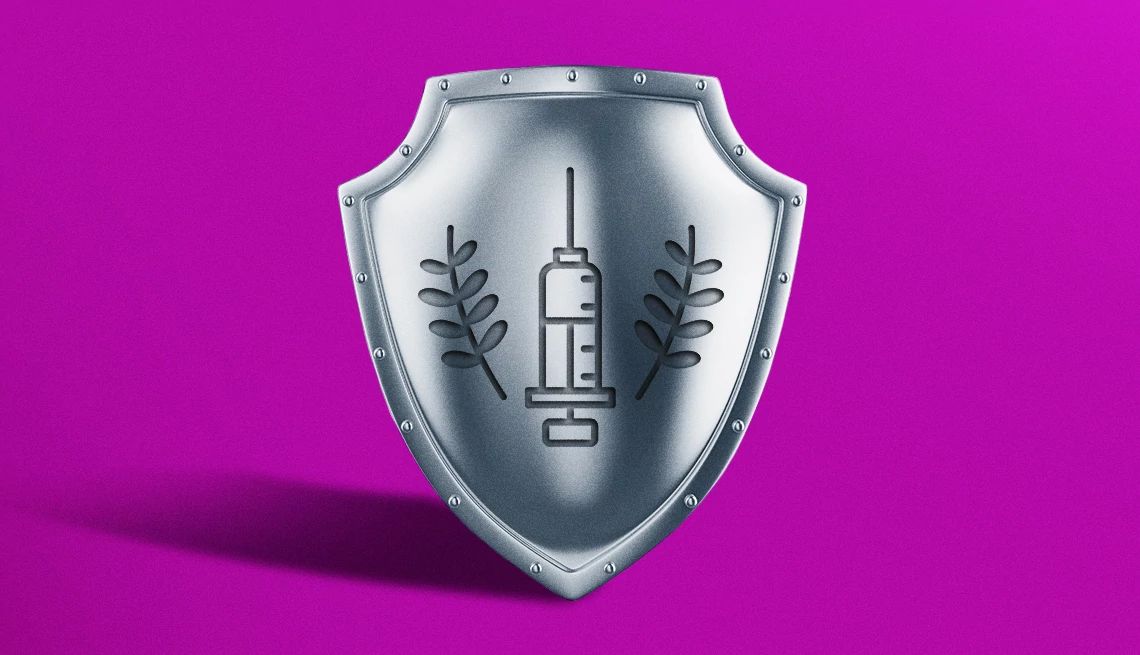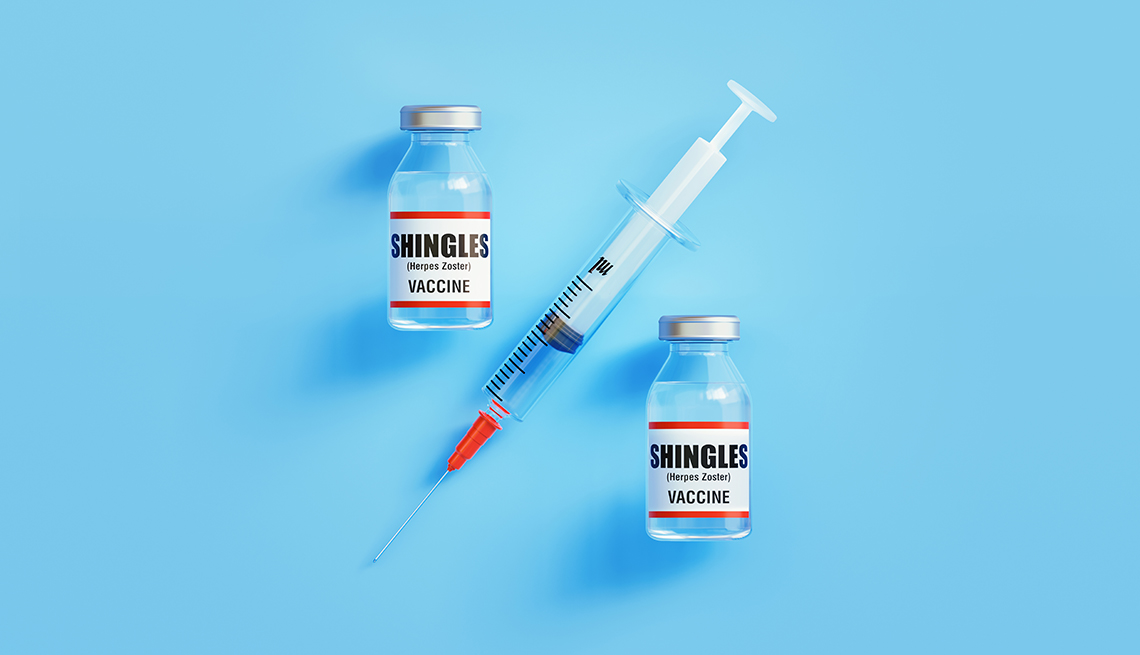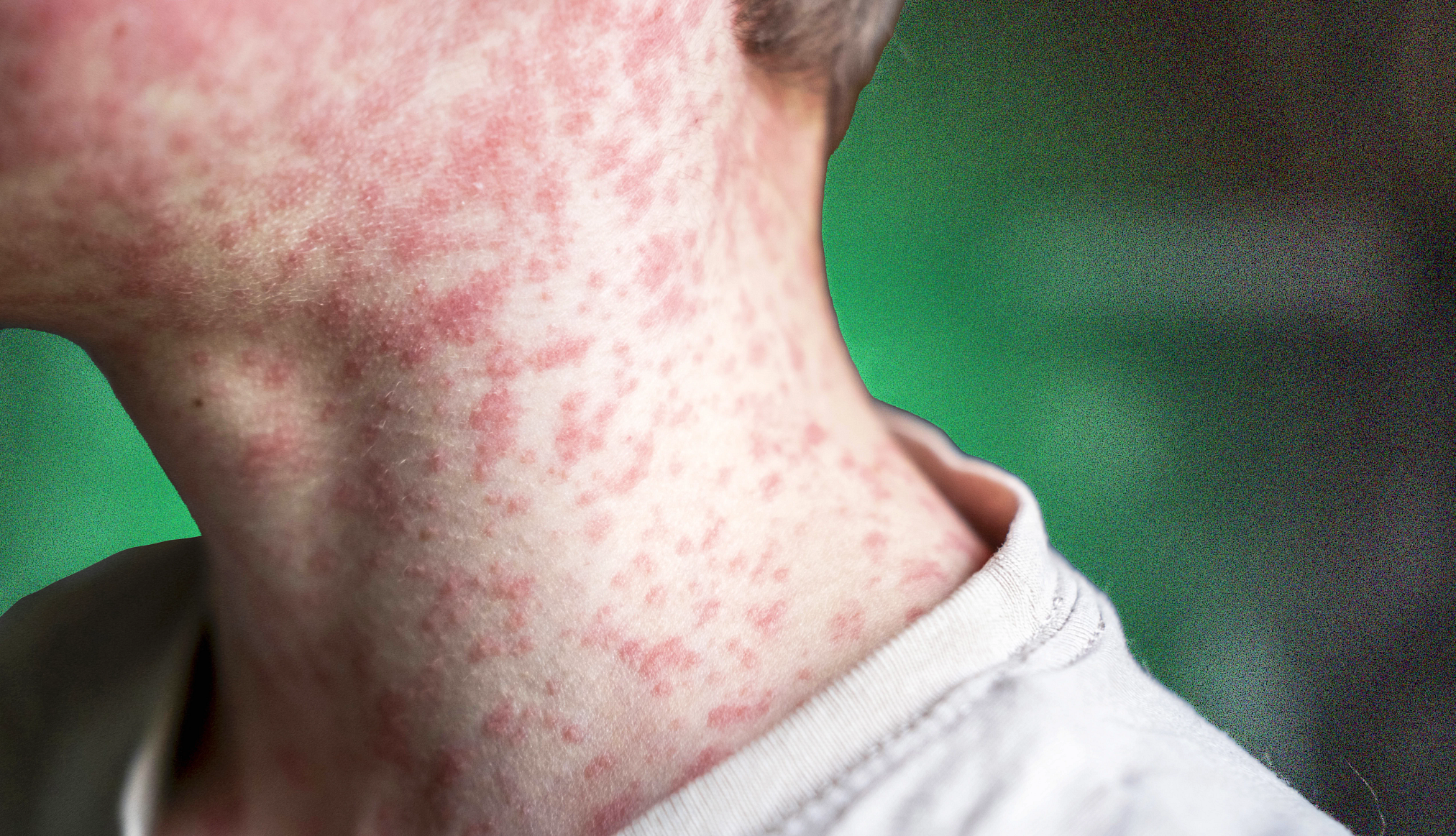AARP Hearing Center


COVID Vaccine FAQs
- Who can get the COVID-19 vaccine?
- When will the new COVID-19 vaccines be available?
- What health conditions increase your risk?
- Where can I get a COVID-19 vaccine?
- Will insurance cover the vaccine?
- What should older adults know?
- When should you get the vaccine?
For millions of Americans, getting a COVID-19 vaccine this fall may be different and more difficult than in years past, due to guidelines that no longer embrace a universal recommendation.
Here’s the latest on what you need to know.
Who can get the COVID-19 vaccine?
The Centers for Disease Control and Prevention (CDC) updated its guidelines on Oct. 6 to recommend this year’s COVID-19 vaccines for adults 65 and older using “shared clinical decision-making,” which is a discussion between a health care provider and a patient.
People ages 6 months to 64 years can also receive the vaccine using shared clinical decision-making and taking into consideration health conditions that increase a person’s risk of severe illness from COVID-19. A health care provider can be anyone who administers vaccines, including a doctor, pharmacist or nurse, the CDC says.
How are these recommendations different from previous years?
The guidelines for 2025 mirror recent recommendations from the CDC’s Advisory Committee on Immunization Practices (ACIP), a panel comprised of all new members selected by Health and Human Services Secretary Robert F. Kennedy Jr. This year’s recommendations represent a departure from past COVID-19 guidance, which broadly encouraged vaccination for anyone 6 months and older.
Dr. Helen Chu, a professor of medicine in the Division of Allergy and Infectious Diseases at the University of Washington School of Medicine, says that requiring shared clinical decision-making “introduces confusion to the patient about whether or not they’re able to get their vaccine.”
“Any barrier that you put in front of someone,” including uncertainty about whether someone is eligible for a vaccine, can decrease the rate of vaccination, says Dr. Rebecca Wurtz, an infectious disease physician and professor at the University of Minnesota School of Public Health.
Lower vaccination rates could mean “more people are ill that didn’t have to be ill, more people in the hospital that possibly could have been prevented and more people dying,” says Dr. Pamela Rockwell, a clinical professor of family medicine at the University of Michigan Medical School.
When will the new COVID vaccines be available?
Pfizer and Moderna’s updated vaccines — which more closely match variants of the coronavirus that are circulating and making people sick — are already in pharmacies and doctors’ offices throughout the country or making their way there.
An updated COVID-19 vaccine from Novavax is expected to be available in early fall, according to a spokesperson from Sanofi, the company that markets the vaccine.



































































))
))








)
)





More From AARP
11 Health Problems That Can Cause Brain Fog
When thinking is unclear, unfocused or slow, you need answers
Why Are You Short of Breath? 14 Explanations
It’s not a normal part of aging, and it could signal one of many health issues
Smart Guide to Vaccines for Adults Over 50
A comprehensive guide to vaccines and their benefits